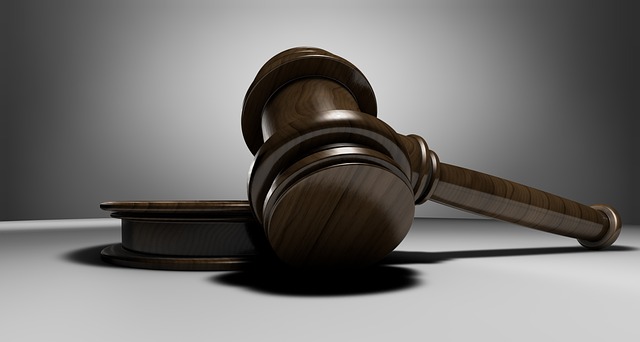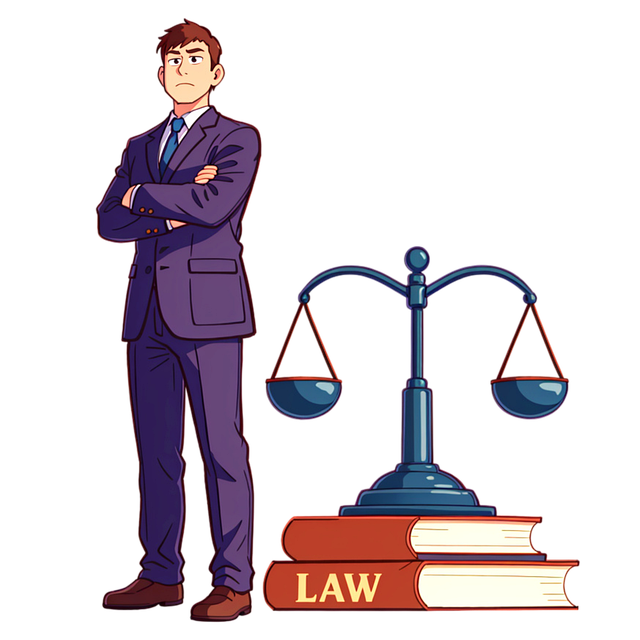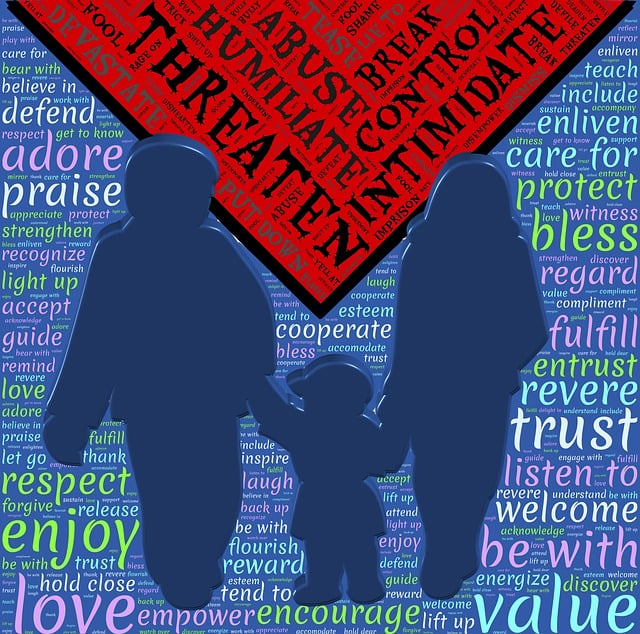Church clergy abuse survivors in Louisville face complex legal challenges due to power dynamics within religious institutions. Collaboration between lawyers and victims is vital for tailored support, navigating civil, criminal, and ecclesiastical law. Professional legal aid empowers survivors to share their stories, seek justice, and foster accountability within the church community.
In Louisville, the impact of clergy abuse within the church community has left profound scars on many survivors. This article delves into the critical need for compassionate legal support specifically tailored to help individuals who have experienced sexual abuse within religious institutions. We explore how legal aid organizations play a pivotal role in empowering survivors, guiding them through complex legal systems, and facilitating their journey towards healing and justice.
Understanding Church-Related Sexual Abuse in Louisville

In Louisville, the issue of clergy abuse, particularly within the church setting, has gained significant attention in recent years. Church-related sexual abuse is a complex and sensitive topic that often leaves survivors with profound emotional scars. Many cases involve individuals who have trusted their spiritual leaders, only to be let down when those leaders exploited their positions of power. This type of abuse can manifest in various forms, from inappropriate touching during religious rituals to long-term exploitation within the confines of the church community.
Understanding the dynamics of church-related sexual abuse is crucial for providing effective legal support to survivors. Louisville’s diverse religious landscape means that different churches and denominations have unique structures and policies regarding oversight, accountability, and reporting mechanisms. Navigating these complexities requires a deep understanding of the institutional power dynamics at play. Legal professionals must collaborate closely with survivors to ensure their rights are protected within the specific context of each church and its legal framework.
The Role of Legal Aid in Supporting Survivors

In the sensitive and often complex landscape of clergy abuse, legal aid plays a pivotal role in empowering survivors within the church community. Beyond providing legal representation, compassionate legal support offers survivors a sense of justice, validation, and closure—essential aspects of their healing journey. By offering pro bono services or specialized legal clinics, organizations dedicated to this cause can ensure that survivors have access to knowledgeable professionals who understand the nuances of religious institutions and their unique challenges.
This support is crucial in navigating intricate legal matters while also addressing the emotional toll of past traumas. Legal aid organizations can help survivors find their voice, enabling them to share their stories and pursue justice without the added burden of financial stress or legal complexities. Such initiatives foster a safe space for individuals who may have been silenced or shamed, allowing them to take control and seek resolution in their quest for accountability within the church.
Navigating Legal Systems for Clergy Abuse Cases

Navigating legal systems can be a complex and daunting task, especially for those who have experienced clergy abuse. Survivors often find themselves facing unique challenges when it comes to seeking justice within the church. The process involves understanding various laws and regulations related to civil and criminal litigation, as well as ecclesiastical matters specific to each denomination.
In cases of clergy abuse, survivors may need guidance on how to file a lawsuit against their former spiritual leaders or the institution itself. This requires careful consideration of statutes of limitations, jurisdictional issues, and the potential conflict between secular and religious laws. It’s crucial for survivors to seek legal support from professionals who have experience handling church-related disputes, ensuring they receive compassionate assistance tailored to their specific needs.
Healing and Justice: Empowering Survivors' Voices

Healing and justice go hand in hand when it comes to supporting survivors of clergy abuse. It’s a powerful act of empowerment to create safe spaces where individuals who have experienced trauma within the church can share their stories. By providing compassionate legal support, organizations and advocates enable survivors to speak out, breaking down the silence that often surrounds such sensitive issues.
This process is transformative for several reasons. Firstly, it validates the experiences of survivors, ensuring their voices are heard and their pain acknowledged. Secondly, it fosters a sense of agency, empowering individuals to take control of their narratives and contribute to systemic changes within the church. In this way, compassionate legal support becomes a catalyst for healing and a driving force in striving for justice within the religious community.




